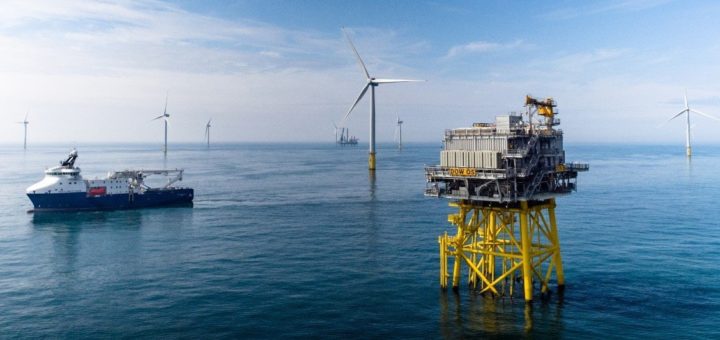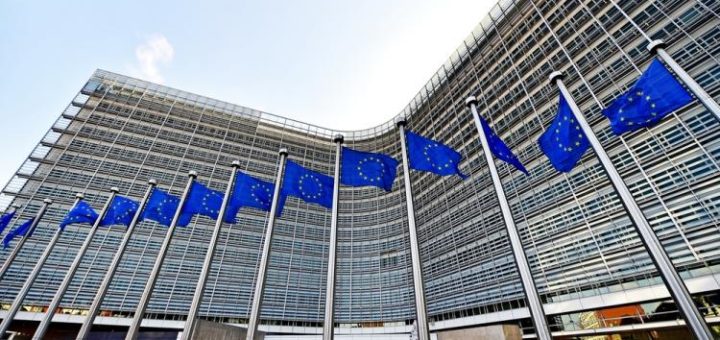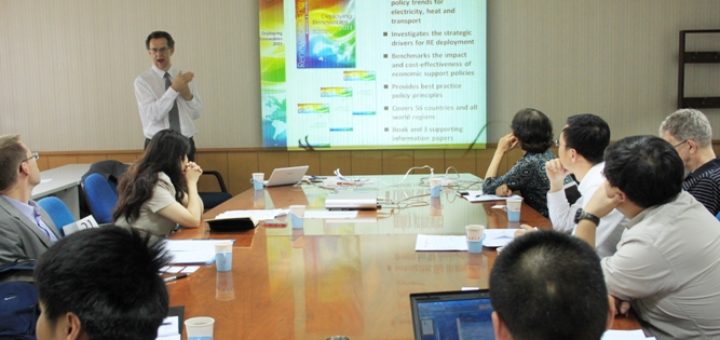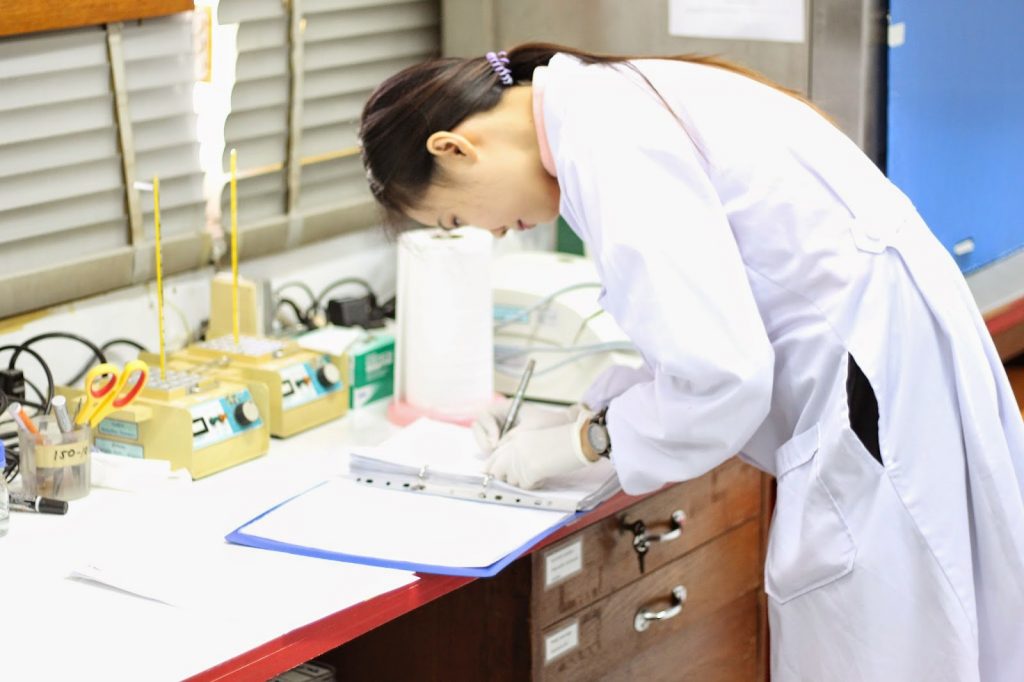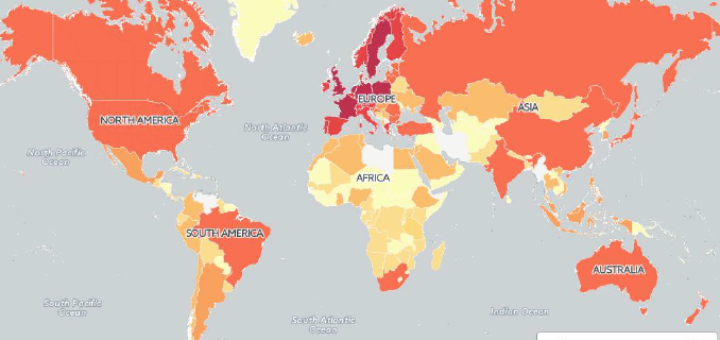The ‘Winter Package’ in the EU focusses on clean energy for all Europeans and contains specific goals for energy and climate and calls upon Member States to formulate Integrated National Energy and Climate Plans (INECPs). Case study findings in support of INECP formulation are assessed in this report of three case studies: Greece, Austria and the Netherlands.
CARISMA
CARISMA project
Project details
- Project title: “Coordination and Assessment of Research and Innovation in Support of climate Mitigation Actions” (CARISMA)
- Funding scheme: European Union Horizon 2020 Programme (EU H2020, grant agreement no. 642242)
- Duration: 3.5 years (1 February 2015 – 31 July 2018)
- Project coordinator: Radboud University, Nijmegen, the Netherlands
- Project website: www.carisma-project.eu
Evaluation of climate change mitigation policy is critical for how well policies and measures work. Offering insights in the functioning of policies can enhance the transparency of policy implementation, which is essential to gain citizens’ support for those policies. The CARISMA project team carried out a meta-analysis of climate policy evaluations in EU Member States and found that the energy sector is dominant in policy evaluations. Supports future EU legislative proposals and accompanying impact assessments.
Climate change governance requires the involvement from many actors and institutions on various levels, the European Union needs this to mitigate climate change. There are challenges to the EU’s climate governance and leadership regarding policies, interests, and lack of appetite for further integration. The EU can address these challenges internally, by increasing its climate mitigation ambitions, and externally, by reclaiming the mantle of international climate leadership.
The Paris Agreement forms the basis for new international cooperation on climate change mitigation. However, the achievements in Paris do not mean that the UN climate regime is the only regime for climate action and other international legal regimes, climate coalitions and actions by non-Party stakeholders can play a complementary role to the Paris Agreement. Provides an overview of climate action undertaken outside of the UNFCCC context and this trend will likely continue beyond Paris.
Innovation in mitigation technologies is seen as a critical contributor to achieving the ambitious GHG reduction goals of countries outlined in the Paris Agreement. The CARISMA project has analysed collaboration initiatives from governments, industries, and regions, each with different characteristics, to identify criteria for effective collaborations between the EU and emerging countries. The main finding of the analysis is that there is no unique pattern that could correspond to every good practice of collaborations.
Institutional, economic, and social contexts influence the formulation and implementation of climate policy instruments. Three categories of contextual factors that are especially relevant to climate change mitigation in EU policymaking: institutions and governance, innovation and investment and attitudes, behaviour, and lifestyle. Different factors or conditions may facilitate or hinder effective policy implementation as so much depends on the institutional, economic, and social contexts. In addition, not only international pressures but also local barriers.
Europe has taken a leading position in relation to reducing greenhouse gas (GHG) emissions by adopting ambitious policies for the development and diffusion of renewable energy technologies. However, research and development (R&D) in new technologies is increasingly taking place on a global scale. This increasingly also involves the relocation of R&D and value-adding innovative activities to emerging economies, such as China, India and Brazil, by multinational companies (MNCs) from Europe.
Interactions between EU climate and energy policies have been analysed based on France, Austria, Greece, and EU-level for policy interaction examples. The analysis resulted in 6 main findings.
It is unclear whether the large variety on data sources and information on policies mitigating climate change matches the expectations and needs of stakeholders. It is concluded that the data and information available suffers from numerous shortcomings.
Austria will add additional financial means to the existing policy framework to reach their target value for primary energy consumption of 1050 PetaJoule in 2020 (compared to 1120 PJ in 2013). The case study has analysed whether energy efficiency improvement policies lead to overlaps with policies at the level of provincial governments and what this could mean for the effectiveness and efficiency of the policies.
- 1
- 2


